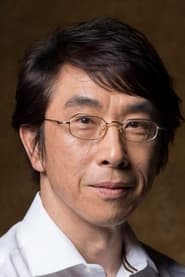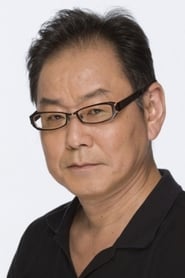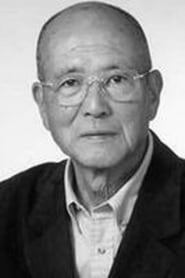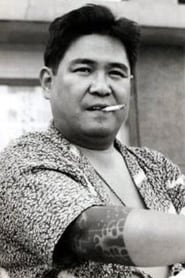Kodama learns that his old classmate Hayashi is getting married to an idol, and organizes a junior high school reunion.
Full Cast of Karaoke
Goro Noguchi
Toshiro Shimazaki
Maki Ishikawa
Mia Murano
Crew of Karaoke
Discover the backstage crew of Karaoke →- Released on June 12, 1999







